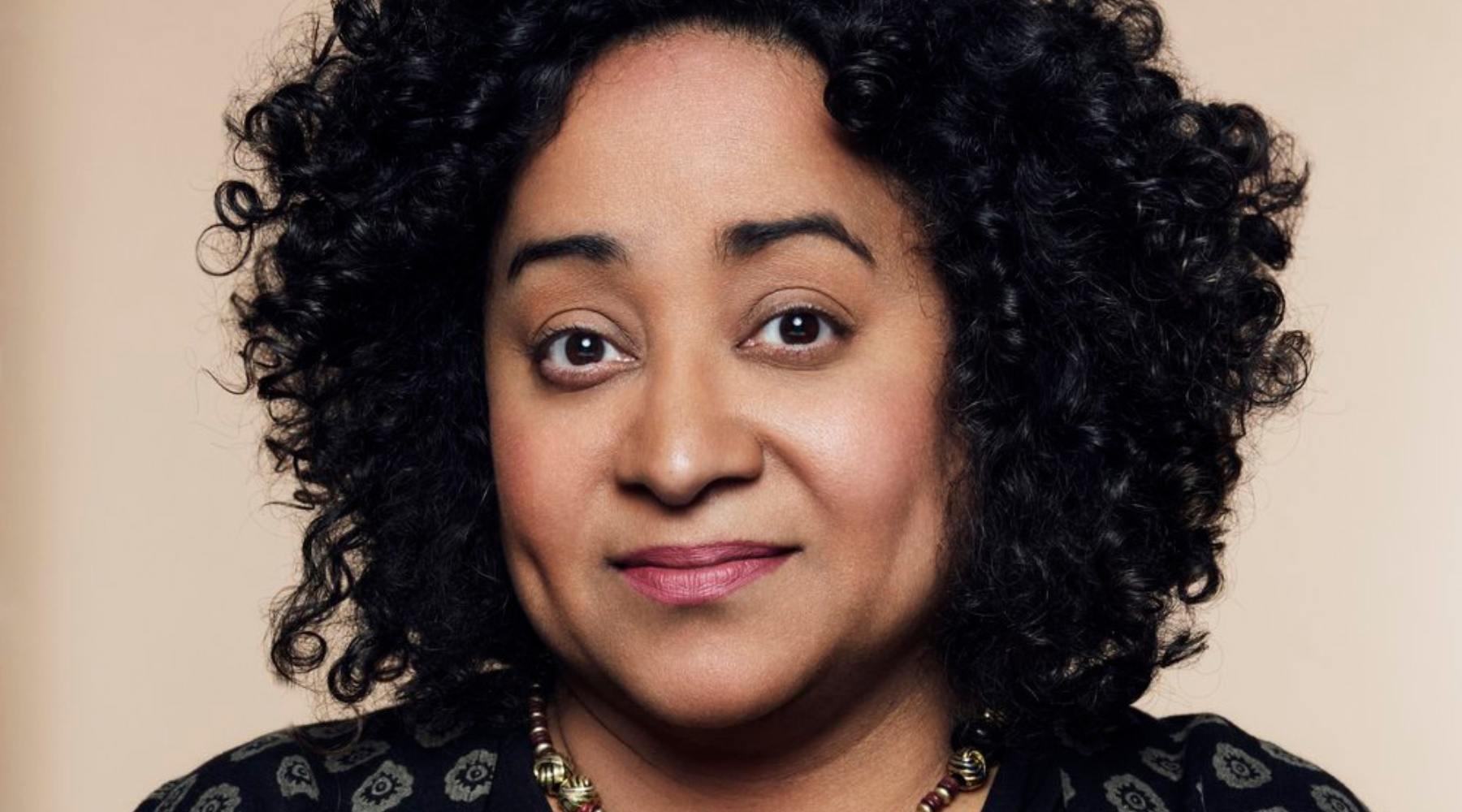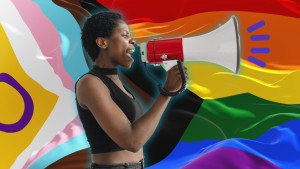If you cannot use money then you cannot buy life necessities like food and shelter. The institutions we trust to provide us access to money, credit, mortgages and other financial assets have an ungodly amount of power.
In Canada, our mainstream banks are highly centralized. While there are over eighty banks operational across the nation, almost all Canadians have accounts with Canada’s big six banks. The ‘Big Six’ is a designation given to the six largest banks in the country: Toronto-Dominion Bank (TD), Royal Bank of Canada (RBC), Bank of Nova Scotia (Scotiabank), Bank of Montreal (BMO), Canadian Imperial Bank of Commerce (CIBC) and National Bank of Canada. Together these six banks decide the fate of most Canadians' financial access.
Like the rest of society financial institutions are not immune to systemic racism, in fact, they are one of its progenitors. Anti-Black racism within the financial sector has especially disastrous consequences because it affects the Black community’s ability to gain credit and access their income, without which they cannot be included in other parts of the economy and community.
In 2021 an Ottawa resident named Keshna Spalding walked into his local TD bank to cash a cheque from his construction job. A 20-year customer at TD, Spalding experienced "degrading" treatment that he believes is rooted in racism. When depositing his cheque Spalding said he had to deal with excessive questions and even a hold on his cheque, something that had never happened to him before. It was made all the worse when he was told nothing in his credit history showed red flags worthy of a hold on a cheque. After a half-hearted apology from TD Spalding moved branches. This is just one of many stories where Black customers are treated according to their skin colour more than their actual financial history. Not only do these incidences of racism affect the material outcomes of people, but it is mentally draining to know you are untrusted no matter how perfect your credit score.
Addressing issues of systemic discrimination usually comes down to inclusion training for bank employees or even campaigns to increase Black customers at particular institutions. Over ten years of this inclusionary talk and the Black community is no better off. These ‘solutions’ are provided by the very institutions that are perpetrating the harm. Real solutions to the waves of discrimination from these centralized financial organizations must come from the people who feel the harm. So what have they come up with?
ROSCA, SUSU and You
In a 2018 article associate professor of political science, Caroline Hossein wrote about banking exclusion in Canada and the alternatives that exist. In that piece, she details the Black tradition of financial solidarity across the diaspora. Financial solidarity associations have existed in Africa, the Caribbean and other places across the world for centuries. Similar to banks these associations would lend each other money on a circular basis. Today we call this a Rotating Savings and Credit Association (ROSCA). I wanted to talk to Caroline more about these financial associations and how they are being used, so I got the chance to sit with her.

A professor at the University of Toronto Scarborough (UTSC), Caroline is also the Canada Research Chair (tier 2) in Africana Development & Feminist Political Economy at UTSC, Interim Director, Institute for Inclusive Economies and Sustainable Livelihoods and the founder of The Diverse Solidarity Economies Collective. As an expert on the social economy and feminist approaches, Caroline also is a member of the Banker Ladies Council, a group of women working out of Toronto who pools their resources to cooperatively help each other with necessary credit and cash outside traditional lending systems.
“Last year at the end of October one of our banker lady council members, her son was murdered coming home from work. You know that the banker lady council, without hesitation, everyone just started pooling monies for her because she needed money. She wants to go home to Sierra Leone to heal and repair. And within less than a few weeks, $7,000 was raised by people who are often seen as having zero,” Caroline went on to say.
That is the power of solidarity. These women came together to support each other in ways they knew a bank like TD or RBC would not. To get a loan like that from a Big Six bank would be hard to impossible for many racialized people, especially immigrants, who do not have the Canadian history to be 'trusted' by banks.
In place of credit checks and formal financial history ROSCAs historically were small localized initiatives that were among groups of people in the same village or community. This was easier back in the Caribbean or Africa where groups lived in relative isolation compared to the metropolis of Toronto or Vancouver. ROSCAs used familial ties and cultural familiarity as a form of trust among people. Whether it is the “Susu” system in Ghana (also known as "Sousou" in the Eastern Caribbean), “Hagbad” in Somalia or “Sol” in Haiti, these ROSCAs brought together small bands of people from the same geographies to support each other. But something happened when African diasporas came to North America. They expanded the system to include everyone. And that rings true in Caroline’s research too.
“What I find is that the membership is changing depending on where they live. So I'm hearing of a group of Nigerian women who live in Richmond Hill. Their community is with Persians from Iran. And then these women will start to have coffee together.”
Financial cooperation is not a necessarily Black institution. Before the spread of capitalism financial resources even in places like France and England were done through solidarity. Yet it is the Black community that has worked tirelessly to keep these ROSCA systems in place against the odds. While ROSCAs back in pre-colonial Ghana were the dominant form of gaining credit and resources, in modern times banks take on that role, but when they do not, as is the case with many Black Canadians, ROSCAs fill the gaps in Canada's financial architecture and quite literally keep Black people from facing dire economic precarity.
Back to the Future of Finance
The Desjardins Group is one of Canada's biggest financial groups and the largest credit union in the country. The financial cooperative is the progeny of the “caisses populaire” established by Alphonse Desjardins in 1900. Caisse populaire is French for a credit union, and like other Black ROSCA’s, Desjardins started as a community-level cooperative that would give the minority French Catholics access to finance amongst a discriminatory Anglophone banking system. Yet today Desjardins is a large corporate behemoth almost unrecognizable from the other big banks. The reality is as Desjardins scaled up, it centralized control and lost its bottom-up approach. All forms of solidarity economic institutions like cooperatives, credit unions and ROSCA’s face a similar problem: the more members the harder to manage. For all its failures, the centralization of control evident in capitalism does make decision-making faster. Solidarity works best when members are connected to a common cause. It does not always need to be race, religion or ethnicity though.
As a member of the Banking Ladies Caroline also talks with other ROSCAs across the country and even the world. She gets to see how these communities form to provide support and resilience.
“They're Filipino, White, Caribbean, African. Just a medley. But they're united through an affinity of work, like the b**shit (nursing job) that they have to deal with, for example.” Caroline is referring to one of her latest meetings with a group of co-workers at a local hospital who started to pool their resources. “And so they come together on this shared experience, using finance as a way to communicate with each other initially, but it becomes a system of repair, you get me? Like, they talk about stuff, and then they bring food. It's usually around food. If you've gone to a Somali hagbad, it's like a party.”
Structured around a common cause and experience ROSCAs and other financial cooperatives have the power to give an actual solution to income inequality, discrimination and the like, not by attempting to include the community in a financial system that discriminated against Black people, taking advantage of all people and profiting only a few. Instead, we can rebuild solidarity across the country amongst a Black community tired of waiting for others to include us. To be blunt it is telling the financial institutions “You do you, and I'll do me”.
It is time we cut out bankers as the middlemen, and instead take those savings to support the mandem.

 By
By 





